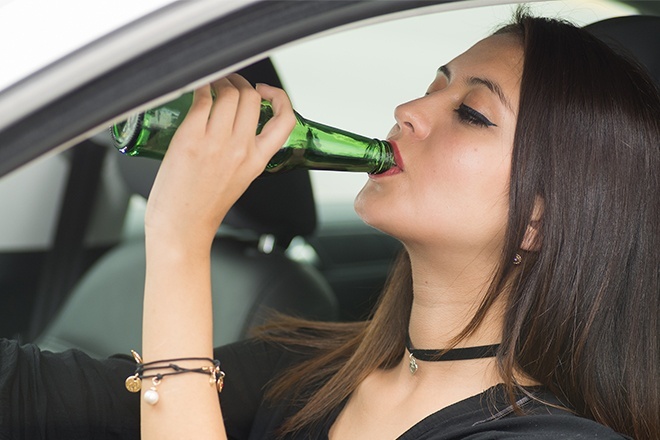By Dr. Nellie-Taylor Walthrust, this story was published in Anton Media.
Many parents worry throughout the year about their teens’ exposure to alcohol and drugs, but the concern is magnified when talk of New Year’s Eve parties enters the conversation.
While you don’t want to spoil their opportunity to ring in the New Year with their friends, especially after nearly three years of pandemic disruption, the thought of them being at parties where alcohol and possibly drugs are being used is justifiably concerning.
The biggest risk that kids face on New Year’s Eve – or any day of the year, for that matter – is being involved in a car accident. According to the Centers for Disease Control and Prevention, motor vehicle crashes are the leading cause of death for U.S. teens, with eight teens ages 13 to 19 dying every day from motor vehicle crash injuries.
Additional statistics point out the risks:
- 23% of teens admit they have driven under the influence of alcohol, prescription drugs or marijuana.
- Teen drivers 16-19 have a fatal crash rate almost three times as high as drivers ages 20 and older.
- 60% of all teen deaths from car accidents involve alcohol.
- 24% of teens reported that within the previous month, they had ridden with a driver who had been drinking alcohol or using drugs.
As a parent, what can you do to minimize the risks?
If your teens plan to go to a party, make sure you talk to the parents where the festivities are being held. Your teen might be horrified at this prospect, but you have every right to discuss your expectations with the hosts. Ask if alcohol is being served (and if your teens are under 21, the answer should be a resounding no). Ask if the parents will be home at all times during the party. If they won’t, don’t be afraid to tell your teens they aren’t allowed to go.
Once you are assured that parents will be there to supervise and the party is alcohol-free, nail down the details. That means finding out who is driving them and taking them home (the safest choice is for you to take on that role). Set a reasonable curfew based on their age. Young teens don’t need to be out past midnight, and even older kids can call it quits shortly after the clock strikes 12.
Establish a plan to check in several times during the night. Make it clear ahead of time that if you call or text and get no answer, you will be heading over to get them.
Not comfortable with the level of supervision at the party? Help your teens create alternative plans. The best way to know your kids are safe and in a supervised environment is to host the gathering at your home. Give them free reign in choosing decorations, food, music and other entertainment ideas, but make it clear that alcohol and drugs are forbidden.
Despite taking all precautions, the reality is that your teens may find themselves in a situation where they are being pressured to drink or use drugs. Tell them that you will be willing and able to get them at any time during the night—and that if they or their friends have been drinking, the most important thing is for them to contact you for a ride.
As parents, we must do all we can to educate our kids about the dangers of underage drinking, but we also need to face the reality that even “good” kids can start heading down a dangerous path. Keep the lines of communication open, and if you suspect there may be a problem, consider contacting a professional who is trained in alcohol and substance use.

Dr. Nellie Taylor-Walthrust is the Director of at North Shore Child & Family Guidance Center’s Leeds Place, which operates an Adolescent Outpatient Chemical Dependency Treatment Program. Substance use services include counseling youths who are alcohol and drug abusers, children who live in families with a parent who is suffering from alcoholism or drug addiction and youths who have co-occurring chemical dependency and mental health problems. Prevention services are offered to local school districts. Call (516) 626-1971 to find out more.














